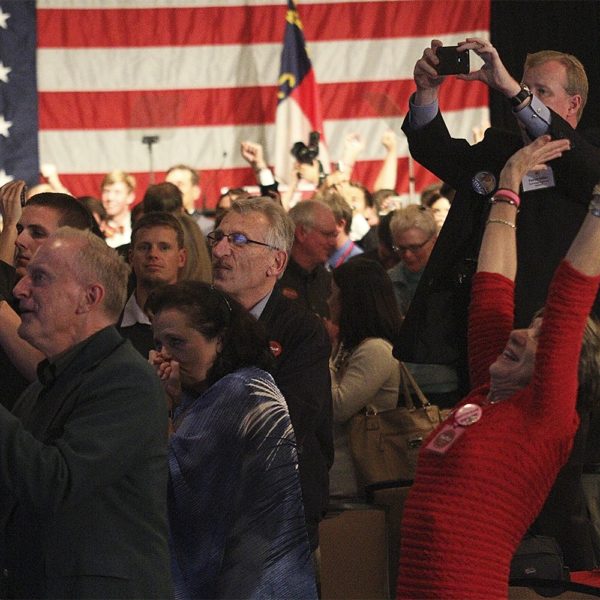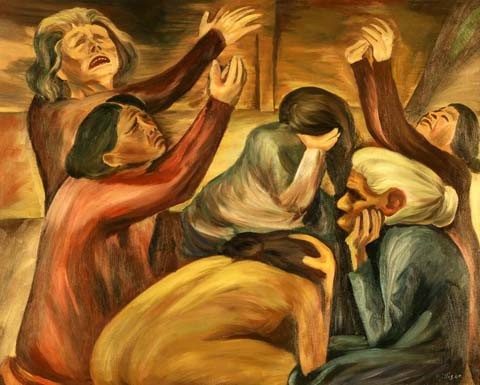
Justice fails where civil law and order are privileged over peoples’ ability to determine their destiny by confronting affronts to their dignity by legitimate powers. Let me offer two examples. I confess I am still in love with the Occupy Movement (OWS).

One can read the results of the 2014 mid-term elections in the United States in terms of whatever dominant political inkblot they favor. The narrative of the American right-wing, of course, is that the resounding Republican victories at both the Congressional and gubernatorial levels constituted a resounding repudiation by the voters of the Obama administration’s policies and pari passu the much vaunted progressivist politics that seemed to have finally taken solid root in American political soil with the 2008 election.

Within Christian traditions, one may be met with this provocative question: does “political theology” or “social ethics” sponsor liberative practices oriented towards human flourishing? Interestingly, the framing of this question requires one to choose a side. One must argue that either political theology or social ethics is poised to address the myriad theo-ethical issues we face, particularly issues of difference, pluralism, and alterity. I believe that this is a false framing of the question.

The Ethics section of the American Academy of Religion has organized an important panel investigating the question “Which is it – Political Theology or Social Ethics? And Does It Matter?” at next week’s Annual Meeting in San Diego. We invited the four panelists to contribute preliminary essays on this theme for discussion here, and three have been able to contribute: Ted Smith of Emory University, Keri Day of Brite Divinity School, and M.T. Davila of Andover Newton Theological School. We will be posting these over the next several days, beginning with Ted Smith’s.
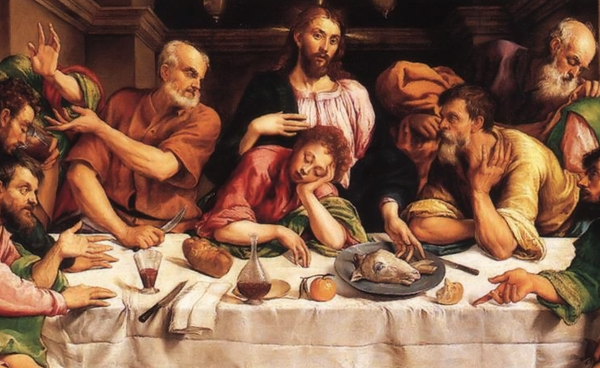
In his richly devotional book Writing in the Sand, the psychotherapist and former monk, Thomas Moore makes an intriguing hermeneutical suggestion. When we explore the ministry of Jesus and its contemporary implications, one fruitful exercise is to view his actions through the lens of the ancient philosophy of Epicureanism. At first glance, such a suggestion seems antithetical to any faithful rendering of the New Testament.
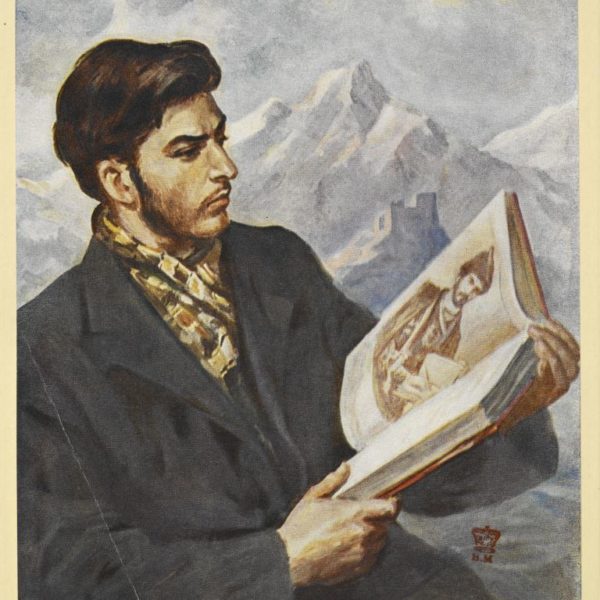
I am in the process of reading carefully through the works of the Joseph Stalin – or the ‘man of steel’, as he became known through his revolutionary code name. When I mention the fact that I am reading Stalin’s rather extensive works, people look surprised – surprised not because I am actually reading Stalin, but because they usually do not realise he wrote anything at all.
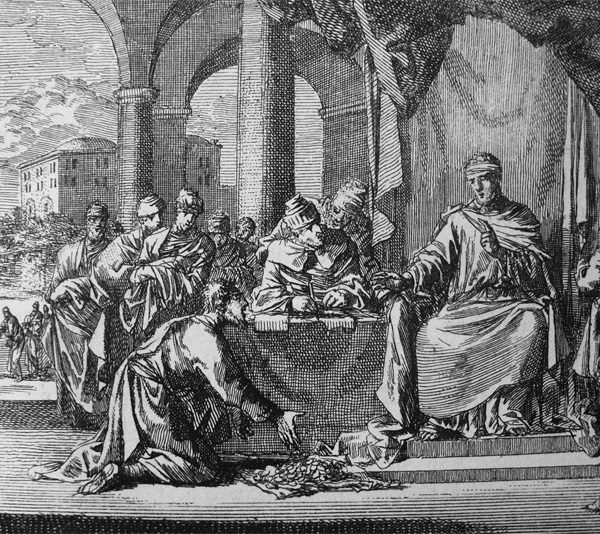
Although a superficial reading might suggest a straightforward interpretation of the Parable of the Talents, closer examination reveals troubling contradictions between this interpretation and the broader teaching of the gospel. Reading it as a descriptive parable of economic injustice provides us with a more satisfying, albeit grim, alternative interpretation.

